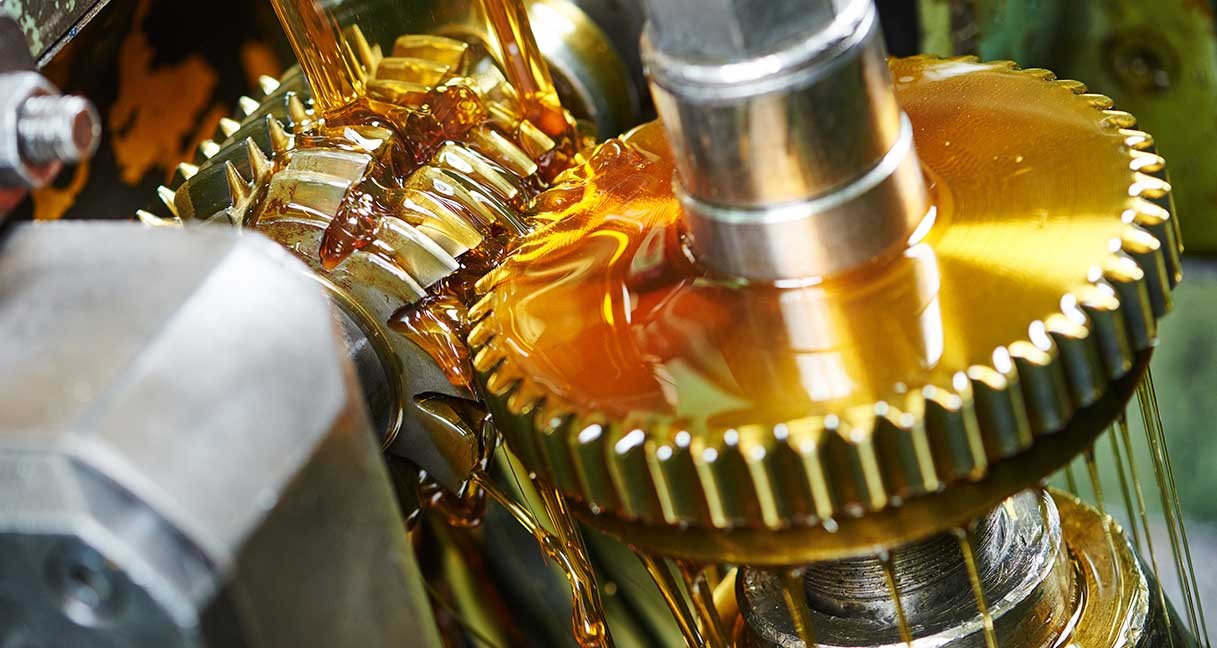In the demanding world of construction, machinery operates under extreme conditions, facing constant friction, heavy loads, dust, moisture, and temperature fluctuations. Such challenges make regular maintenance indispensable for ensuring optimal performance and longevity. One often overlooked yet critical component of effective machinery upkeep is Industrial Grease. This specialized lubricant plays a pivotal role in protecting construction equipment from wear and damage, ultimately saving companies time and money.
At EVISCO, we understand the importance of maintaining your construction assets in peak condition. This article dives deep into how industrial grease acts as a guardian for your machinery, enhancing durability and operational efficiency.
Understanding Industrial Grease and Its Role
Industrial grease is a semi-solid lubricant composed primarily of base oils, thickening agents, and performance-enhancing additives. Unlike liquid oils, grease remains in place within mechanical components, providing a persistent protective barrier against friction and contaminants. This unique characteristic makes it ideal for heavy machinery used in construction, where consistent lubrication is essential but difficult to maintain.
The base oil provides the lubricating properties, while the thickener gives the grease its consistency, allowing it to adhere to surfaces. Additives further enhance properties like oxidation resistance, water repellence, and load-carrying capacity, tailoring the grease for specific operational requirements.
The Critical Challenges Faced by Construction Machinery
Construction equipment operates in environments where dirt, dust, water, and heavy forces combine to create extreme mechanical stress. Moving parts such as bearings, gears, pins, and joints endure continuous friction, which if left unchecked, leads to metal wear, corrosion, and eventual failure.
Moreover, construction machinery is frequently exposed to vibration, shocks, and temperature variations. These factors accelerate lubricant breakdown and reduce its effectiveness over time, risking premature equipment breakdowns that lead to costly downtime and repairs.
How Industrial Grease Protects Machinery from Damage
Minimizing Friction and Wear
At the heart of industrial grease’s protective qualities is its ability to reduce friction between moving parts. When grease lubricates bearings or gears, it forms a thin but resilient film that separates metal surfaces. This barrier prevents direct contact, significantly reducing wear caused by abrasion or metal-to-metal rubbing.
By minimizing friction, grease also lowers the energy consumption of machinery, allowing engines and motors to operate more efficiently. This translates to longer operational life for components and less frequent replacement needs.
Shielding Against Corrosion and Contamination
Construction sites are rife with moisture, dust, and corrosive agents that can degrade metal parts. Industrial grease acts as a sealant that repels water and blocks contaminants from penetrating sensitive machinery components. This protective layer prevents rust formation and corrosion, which are primary causes of mechanical failure in harsh environments.
Additionally, grease traps dirt particles, preventing them from causing abrasive damage inside bearings or joints. This is especially important in outdoor settings where environmental exposure is unavoidable.
Enhancing Load-Carrying Capacity
Construction equipment often bears heavy loads, placing intense pressure on its moving parts. Industrial grease is formulated with additives that improve its load-carrying capacity, allowing it to withstand extreme forces without breaking down.
This property ensures that even under heavy stresses, the grease maintains its lubricating film, preventing surface fatigue and extending component life. High-quality greases used in construction machinery can handle shock loads and reduce the risk of gear tooth damage and bearing deformation.
Providing Thermal Stability
Construction machinery frequently operates in fluctuating temperatures, from freezing cold to scorching heat. These temperature swings can cause lubricants to thin out or harden, reducing their effectiveness. Industrial greases designed for construction use have excellent thermal stability, maintaining consistent performance across a wide temperature range.
Thermal stability helps prevent grease degradation, which can otherwise lead to hardening or oil separation. By retaining its protective qualities under varying temperatures, grease ensures machinery remains well-lubricated during all phases of operation.
Reducing Maintenance Frequency and Costs
A well-lubricated machine requires less frequent intervention for repairs and part replacement. Industrial grease’s ability to stay in place and protect for extended periods means maintenance intervals can be longer without risking equipment health.
This reduces downtime, labor costs, and the expense of emergency repairs. Investing in the right industrial grease results in smoother operations, fewer breakdowns, and ultimately, cost savings for construction businesses.
Selecting the Right Industrial Grease for Construction Machinery
Not all greases are created equal, and selecting the right type is crucial for optimal protection. The choice depends on factors such as operating temperature, load conditions, exposure to water, and speed of moving parts. Common thickening agents include lithium, calcium, and polyurea, each offering different benefits tailored to specific applications.
For example, lithium-based greases are versatile and perform well under high temperatures, making them suitable for most construction equipment. Calcium-based greases excel in wet conditions due to superior water resistance, while polyurea greases offer excellent oxidation stability and long service life.
Consulting with lubricant specialists like EVISCO can help determine the most suitable industrial grease to match the exact needs of your machinery, ensuring maximum protection and performance.
Best Practices for Applying Industrial Grease
Proper application of industrial grease is as important as selecting the right type. Before applying grease, surfaces should be cleaned to remove old lubricant, dirt, and debris. Grease fittings must be used correctly to avoid contamination and ensure thorough distribution.
Over-greasing should be avoided as it can cause overheating and attract excess dirt. Similarly, under-greasing leads to insufficient protection. Regular inspection of lubrication points and monitoring grease condition help maintain optimal machinery health.
Automated grease systems can enhance consistency and efficiency, particularly for large fleets of construction equipment, by delivering precise amounts of grease at scheduled intervals.
The Long-Term Impact of Industrial Grease on Construction Operations
Using the right industrial grease consistently translates into significant long-term benefits. Machines last longer, operate more reliably, and perform at peak efficiency. This reduces unexpected downtime and repair costs, allowing construction projects to stay on schedule and budget.
Furthermore, efficient lubrication contributes to environmental sustainability by lowering fuel consumption and reducing waste from premature equipment replacement. In today’s competitive construction industry, optimizing maintenance with proper lubrication is a strategic advantage.
